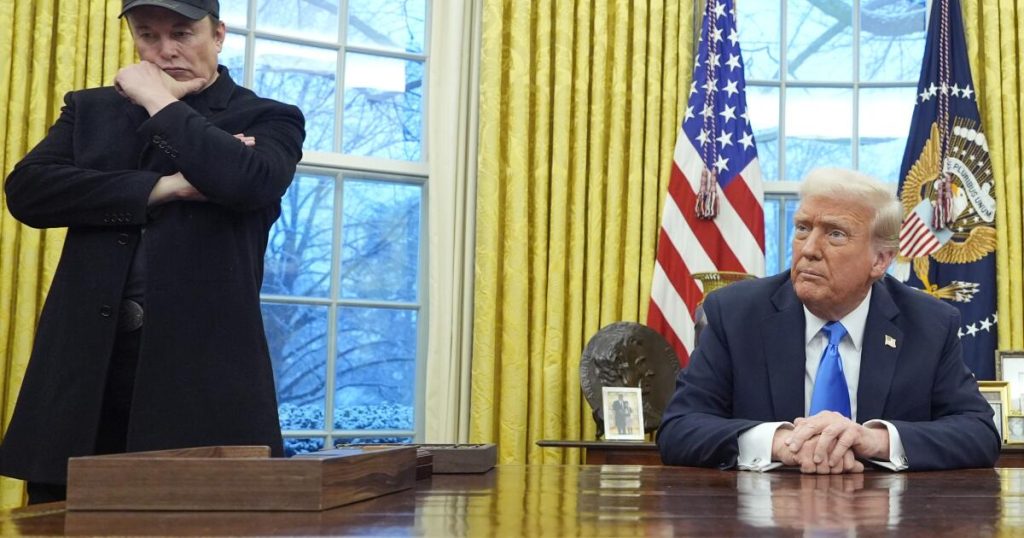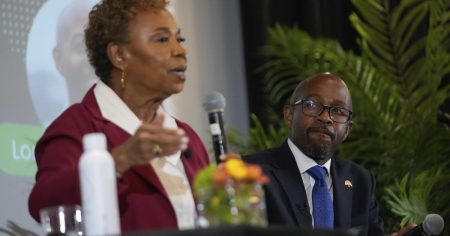The White House vs. AP: A Clash Over Press Freedom and a Name Change
On a typical Tuesday afternoon, an unexpected incident unfolded at the White House, highlighting the tense relationship between the Trump administration and the media. An Associated Press (AP) reporter was barred from attending an event in the Oval Office. The reason? The AP refused to comply with the White House’s demand to refer to the Gulf of Mexico as the "Gulf of America," a name change mandated by President Trump. This incident not only drew attention to the administration’s stance on press freedom but also underscored the broader implications of such actions on journalistic integrity.
AP’s Decision and Press Freedom
The AP’s decision to retain the name "Gulf of Mexico" was rooted in its commitment to journalistic accuracy and global recognition. As a widely respected news agency, the AP’s Stylebook is a benchmark for journalists worldwide, influencing how news is reported. By refusing to change the Gulf’s name, the AP stood firm on its editorial independence, a cornerstone of press freedom. Julie Pace, AP’s executive editor, condemned the White House’s action, emphasizing that such punitive measures not only hinder public access to independent news but also raise serious First Amendment concerns.
Trump’s History with the Media
This incident was not an isolated event but part of a pattern of adversarial relations between President Trump and the media. Trump has frequently clashed with news outlets, often labeling them as "fake news" and taking actions that some perceive as attempts to intimidate or control the press. Just days before this incident, the administration evicted news organizations from their Pentagon office space, signaling a growing divide between the government and the media.
The Gulf of America: A Controversial Name Change
President Trump’s decision to rename the Gulf of Mexico was met with skepticism and criticism. Beyond the controversy, the move highlighted the complexities of altering established geographic names. While Google Maps complied with the change, Apple Maps retained the original name, reflecting the broader debate. The AP’s approach, to mention both names, aimed to inform without taking sides, but this balancing act did not shield them from the White House’s reprisal.
Other Name Changes: A Broader Pattern
The Gulf of America was not the first geographic name change under Trump’s administration. Previously, he overturned President Obama’s decision to rename Mount McKinley to Denali, its Indigenous name. The AP chose to follow the official change in this case, as it was within U.S. territory. However, the Gulf of Mexico’s name change posed a different challenge, given its international recognition and the AP’s global audience.
Conclusion: Implications for Journalism and Democracy
The barring of the AP reporter from the White House event raises critical questions about the limits of government influence over the press. As the AP continues to navigate these challenges, the incident serves as a reminder of the importance of a free press in a democracy. The White House’s actions, while unprecedented, also prompt a broader conversation about the role of journalism in holding power accountable and the potential consequences of undermining press freedom.









